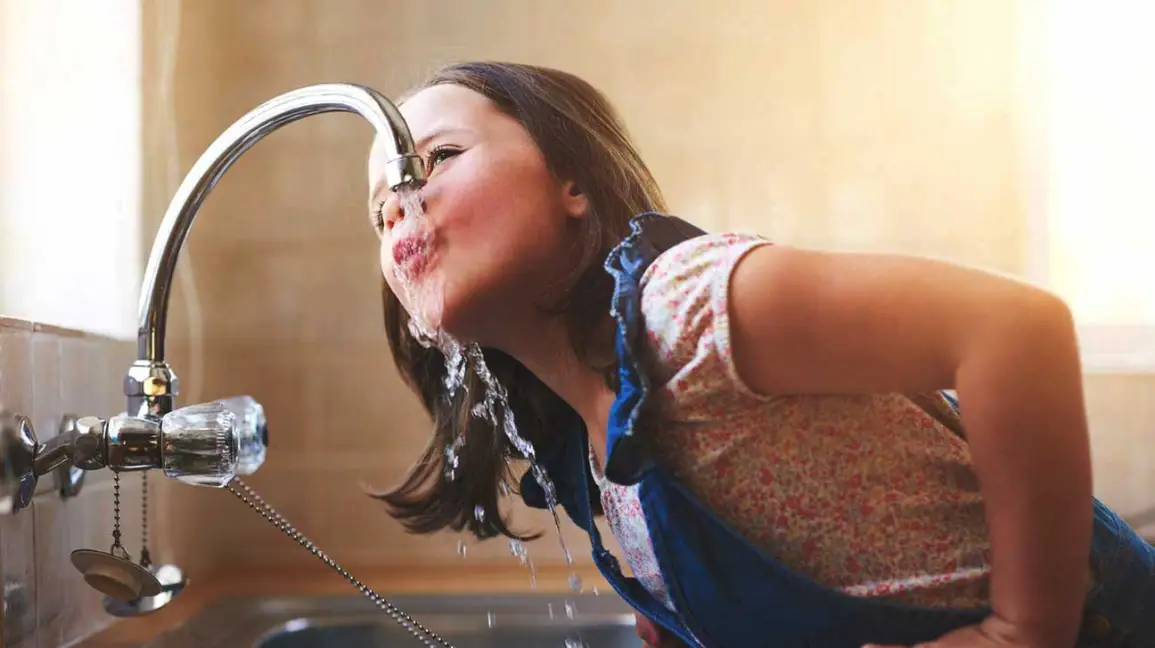When you think of hydration, water is the first thing that comes to mind. After all, doctors, health coaches, and even marketing slogans remind you to “drink more water.” But here’s the twist: drinking pure water, such as distilled or deionized water, can actually lead to dehydration. This may sound contradictory, but the science behind it explains why “too pure” water isn’t always the best choice for your body.
In this guide, you’ll discover why pure water can dehydrate you, how hydration really works, and what alternatives keep your body balanced.
What is Pure Water?
Definition of Pure Water
Pure water, also called distilled water or deionized water, is water that has been stripped of all minerals, salts, and impurities. In essence, it’s H₂O in its cleanest chemical form. Unlike tap or spring water, which naturally contains minerals like calcium, magnesium, and sodium, pure water has none.
Why People Drink Pure Water
Many people believe that pure water must be the healthiest because it’s free of “contaminants.” It’s often used in laboratories, medical equipment, steam irons, and car batteries because it doesn’t leave mineral deposits. Some also drink it thinking it helps detox the body. But here’s the catch: removing minerals also removes the very electrolytes your body needs for proper hydration.
How Hydration Works in the Human Body
The Role of Electrolytes
Hydration isn’t just about water intake. It’s about balance. Electrolytes—such as sodium, potassium, magnesium, and chloride—regulate fluid movement between cells and blood plasma. Without them, your body cannot retain and properly use the water you drink.
Osmosis and Cellular Hydration
Water moves through your cells via osmosis, a process where fluids flow across membranes to balance concentrations. If your blood is too diluted (low in electrolytes), water can flow out of your cells instead of into them. This is exactly why drinking only pure water can leave you feeling dehydrated.
Why Does Pure Water Dehydrate You?
The Osmotic Effect of Pure Water
Pure water lacks electrolytes. When you drink it in large amounts, it dilutes your blood plasma. This imbalance causes your body to pull electrolytes from your cells to restore balance, leaving your cells less hydrated.
In short: pure water leaches minerals from your body instead of supplying them.
Electrolyte Imbalance and Its Consequences
When you drink only distilled or deionized water, you risk flushing sodium and other minerals from your system. The result can be mild to severe symptoms:
- Headaches and fatigue
- Muscle cramps and weakness
- Nausea or dizziness
- In extreme cases: hyponatremia (dangerously low sodium levels)
Distilled Water vs Mineral Water
Here’s how the two compare:
| Feature | Distilled / Pure Water | Mineral Water |
| Mineral Content | None | Rich in electrolytes |
| Hydration Effect | Can dehydrate cells if consumed exclusively | Supports hydration |
| Taste | Flat, bland | Crisp, natural |
| Long-Term Use | Not recommended | Safe and beneficial |
| Best Application | Lab use, appliances | Daily drinking |
Scientific Evidence and Case Studies
Research on Distilled Water Consumption
A World Health Organization (WHO) report highlighted the potential risks of long-term distilled water consumption. It noted that demineralized water can increase the elimination of essential minerals from the body, potentially leading to deficiencies (WHO, 2005).
Real-World Cases
- Athletes: Marathon runners who overhydrate with plain water sometimes suffer from hyponatremia because electrolytes get diluted.
- Military soldiers: Training in hot climates with only pure water has led to dehydration symptoms despite high fluid intake.
- Survival situations: Explorers relying on distilled water without mineral supplementation reported weakness and cramps.
These examples show that hydration is not only about volume but also about composition.
Is Pure Water Dangerous? Myths vs Facts
Short-Term vs Long-Term Consumption
Drinking pure water occasionally is safe. The problem arises when it becomes your main or exclusive source of hydration over weeks or months.
Myths About Detox and “Super Clean” Water
Some wellness myths suggest pure water detoxifies the body better. The truth? Your liver and kidneys already handle detoxification. Removing minerals from water doesn’t improve this process—in fact, it strips away nutrients your body needs.
Safe Levels of Pure Water Intake
- Occasional use: harmless.
- Long-term exclusive use: risky for mineral balance.
- Practical guideline: use pure water for appliances, not your hydration needs.
Better Alternatives to Pure Water for Hydration
Mineral-Rich Spring Water
Natural spring water contains electrolytes like calcium, magnesium, and potassium, making it an excellent everyday option.
Electrolyte Beverages
Sports drinks or oral rehydration solutions (ORS) are designed to restore hydration faster by combining water with electrolytes and sometimes glucose.
Adding Minerals Back into Pure Water
If pure water is your only option, you can:
- Add mineral drops (available in health stores).
- Dissolve a pinch of Himalayan pink salt or sea salt.
- Use a re-mineralization filter in your water system.
Practical Tips for Staying Properly Hydrated
Balance Between Water and Electrolytes
Drink plain water for everyday needs, but replenish electrolytes after heavy sweating, workouts, or illness.
Signs of Dehydration and Overhydration
Look out for these cues:
- Dehydration signs: dry mouth, fatigue, dark urine, dizziness.
- Overhydration signs: bloating, confusion, nausea, muscle cramps.
Hydration for Different Lifestyles
- Athletes: prioritize electrolyte drinks during intense activity.
- Office workers: sip mineral water steadily throughout the day.
- Elderly: maintain hydration but avoid overconsumption of plain water.
- Children: balance water intake with electrolyte-rich foods.
Conclusion – Why Pure Water Isn’t Always Hydrating
So, why does pure water dehydrate you? Because it lacks electrolytes, drinking only pure water disrupts the balance of minerals in your body, causing cells to lose water instead of retaining it.
The key takeaway: hydration is about balance, not just drinking more water. Opt for mineral-rich or electrolyte-balanced water, especially during physical activity or heat exposure. Pure water may be useful for machines, but your body thrives on water that carries minerals along with it.
FAQs
Does drinking distilled water hydrate you?
Not effectively—without minerals, it can dilute electrolytes and reduce hydration.
Can pure water cause dehydration?
Yes, if consumed exclusively, it can lead to electrolyte imbalance and dehydration.
Is pure water safe to drink every day?
Occasionally, yes. Exclusively, no—it can lead to deficiencies.
What’s the difference between pure water and mineral water?
Mineral water contains natural electrolytes that support hydration, pure water does not.
How can I make pure water safe for hydration?
Add minerals back using drops, natural salts, or filters.

